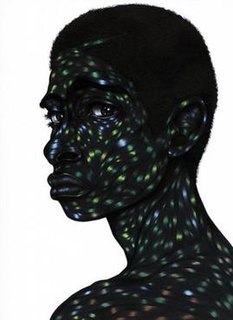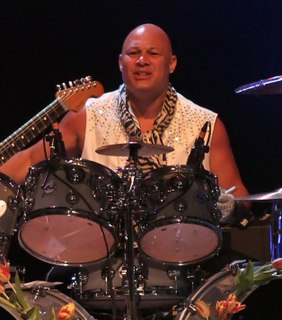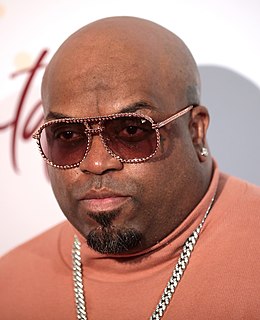A Quote by Kelela
A lot of white men in the music industry are promoting and participating in black culture in a way that is pretty careless. They want the currency of blackness, but they don't want the brunt that comes along with that.
Related Quotes
They wanted black women to conform to the gender norms set by white society. They wanted to be recognized as 'men,' as patriarchs, by other men, including white men. Yet they could not assume this position if black women were not willing to conform to prevailing sexist gender norms. Many black women who has endured white-supremacist patriarchal domination during slavery did not want to be dominated by black men after manumission.
The black masses want not to be shrunk from as though they are plague-ridden. They want not to be walled up in slums, in the ghettos, like animals. They want to live in an open, free society where they can walk with their heads up, like men, and women! Few white people realize that many black people today dislike and avoid spending more time than they must about white people. This 'integration' image, as it is popularly interpreted, has millions of vain, self-exalted white people convinced that black people want to sleep in bed with them - and that's a lie!
The thing about being black in a mostly white industry, particularly as a black male, is you can't lose your temper in the same way. Essentially, you are an angry black man losing his temper in a way that's unprofessional, as opposed to an industry that has protected unprofessional white males in perpetua.
I want the music to be heard as close to when I made it, as much as possible. I don't want to get into some "future of the music industry" thing, or where I stand on digital this or that, but I think it's ridiculous that a lot of people in the industry plan so far ahead that it makes a lot of improvisation impossible and makes a lot of people's expectations fixed and not fluid.
White people couldn't do black music back in the day because they weren't funky or bad enough. They weren't from the ghettoes, but hip-hop and R&B changed all of that because white kids want to be down with it. They wanted to learn it so they studied the culture. It's kind of a cool thing because we shouldn't be so separate.
I don't know if it's more acceptable or if black men are more comfortable. Black men certainly are more comfortable with it. I don't know that society, like white society loves it or black women. When you see a black man with a white woman there is a feeling that you have and I think the feeling is an instinctual feeling of you want her you don't want me. I don't look anything like her, so you don't like. You know what I mean? Something like that. It's a real instinctual primal thing.
When I started, I was aware of using the black as a rhetorical device. It's understanding that black people come in a wide range of colors, but you find instances in a lot of black literature in which the blackness is used as a metaphor. In some places, you can find an extreme blackness used as a descriptive.


































